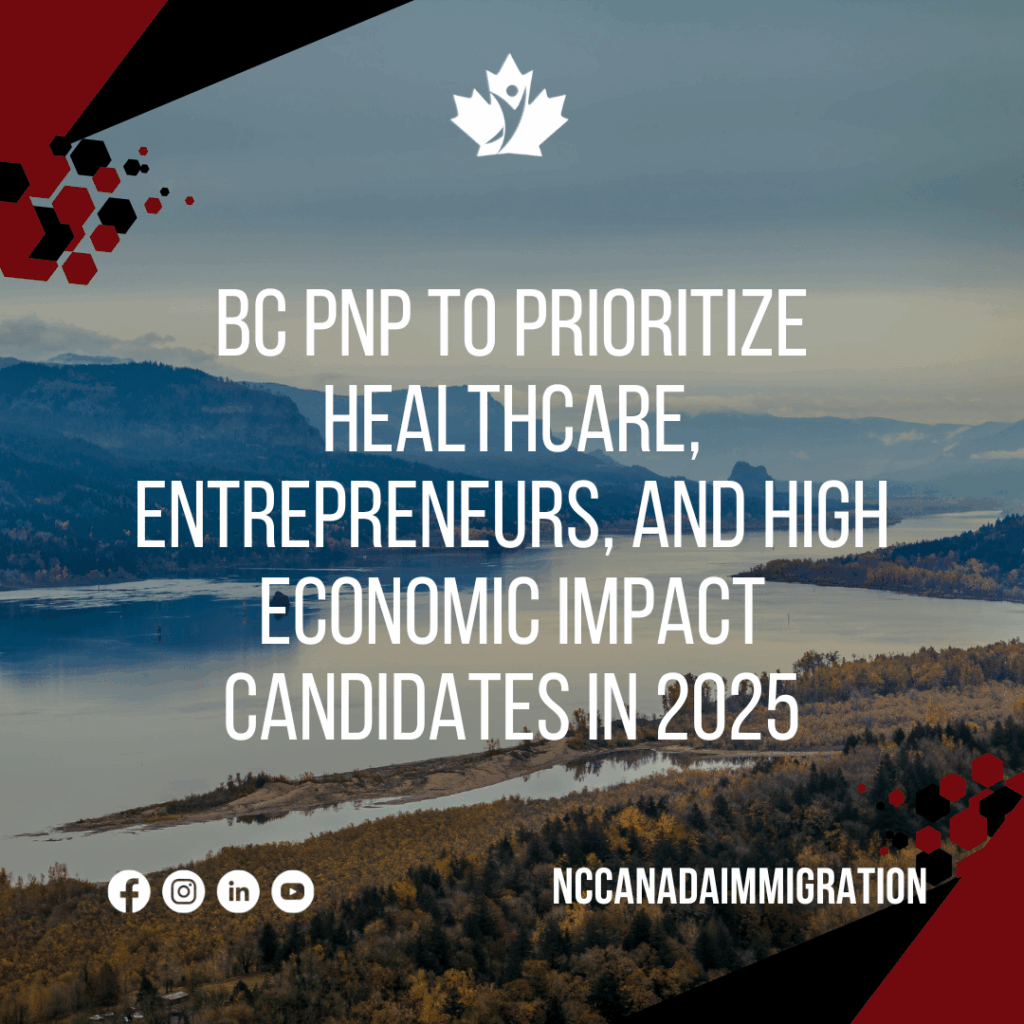BC Immigration Quota Cuts: Impact on Economy and Applicants

Navigating BC’s Shifting Immigration Landscape
British Columbia’s immigration policies are changing significantly. Recent reductions in immigration quotas are impacting the province’s economy and creating challenges for prospective immigrants. This shift necessitates a closer look at the consequences and potential strategies. Understanding these immigration changes is crucial for anyone planning to move to BC.
Changes to the Provincial Nominee Program (PNP)
In 2025, British Columbia saw a significant change to its Provincial Nominee Program (PNP). The federal government reduced the province’s annual immigration nominations from 8,000 to 4,000. This 50% reduction forces BC to prioritize certain applicants.
The province is focusing on applicants in key sectors, including healthcare, entrepreneurship, and skilled trades. These individuals can offer immediate value to the British Columbia economy. This shift is a direct result of adjustments at the federal level. For more information on eligibility, see the BC PNP application process.
Application Challenges and Existing Backlogs
Existing backlogs further complicate the situation. Over 5,200 applications are awaiting decisions, and more than 10,000 applicants are hoping for nomination spots. This has increased competition and lengthened processing times.
Canada’s Broader Immigration Approach
These changes in BC reflect Canada’s broader 2025 immigration strategy. Federal policy has decreased overall permanent resident admissions by 105,000 compared to previous projections, reflecting a shift in priorities.
A key element is prioritizing in-Canada applicants. Over 40% of anticipated permanent resident admissions in 2025 will be from individuals already in Canada as temporary residents. This favors those with existing ties and contributions to the Canadian economy. Learn more about federal immigration policy.
Effects on BC’s Population and Economy
Recent population data reveals the effects of these policy changes. British Columbia experienced its lowest quarterly international migration in years. As of January 2025, the province had a net outflow of non-permanent residents, highlighting a significant shift in immigration patterns affecting BC’s population and economic growth. The economic impact is being monitored.
In conclusion, the adjustments to immigration quotas in BC represent a significant moment for the province. As BC navigates these changes, its strategic approach to prioritizing skilled workers and adapting to the new federal landscape will be crucial for its future economic stability and growth. Keep up with immigration news to stay informed.

